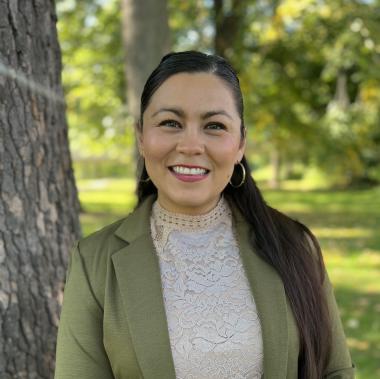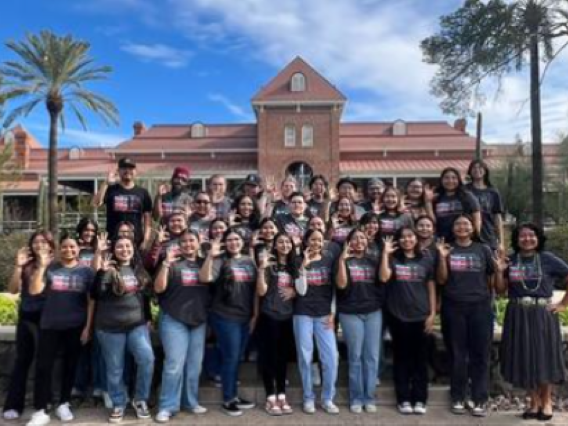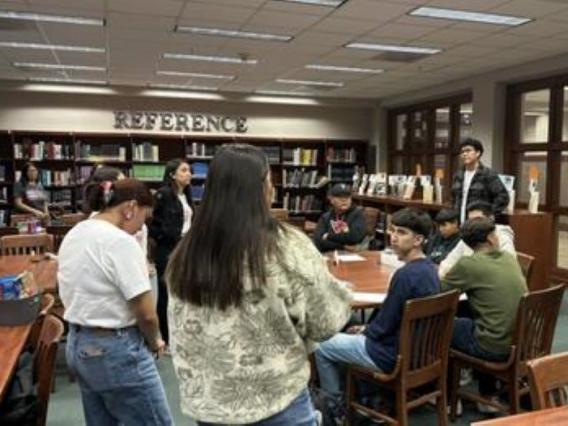Welcome Message from Leslie Gonzales
The Department of Educational Policy Studies & Practice (EPSP) includes two programs: Educational Leadership & Policy (EDL) and the Center for the Study of Higher Education (HED). The EPSP department combines the K-12 focus with postsecondary education to create a P-20 perspective that taps into the dominant discourse of education and policymakers today.
Our directors
Dr. Leslie D. Gonzales is the director of the Center for the Study of Higher Education program and Dr. Mel Bertrand is the director of Educational Leadership & Policy program.
Benefits of the combined unit
The programs in both units, the Center for the Study of Higher Education and Educational Leadership & Policy, center on equity, inclusion, and social justice. Both units prepare students as scholars, practitioners, and activists consistent with each unit’s professional career paths and state certification standards leading to licensure. However, together, the units offer expertise across multiple PK-20 educational contexts.
A key departmental strength concentrates on how organizations, institutions (both formal and informal), official practices, and educational professions affect outcomes across local, national, and international contexts and how these entities are affected by societal, economic, historical, and political pressures.
Our graduate degrees
EPSP prepares graduate students at the doctorate and master's levels. Graduate programs in EDL include an Ed.D. (fully online), Ph.D., and M.Ed. The M.A. degree has a focus on policy. The M.Ed. degree is a standards-driven curriculum leading to both a degree and state certification for the principalship. Graduate programs in HED include Ph.D. and M.A. degrees.
Lunch & Learn
Lunch & Learn, which we plan to resume at least once per semester once we’re back again face-to-face, is to facilitate further communication among faculty and students about a range of programmatic, professional, and academic issues, as well as to enhance community among our students. We encourage you to come with questions, thoughts, and suggestions for us, and we may have some for you as well.





